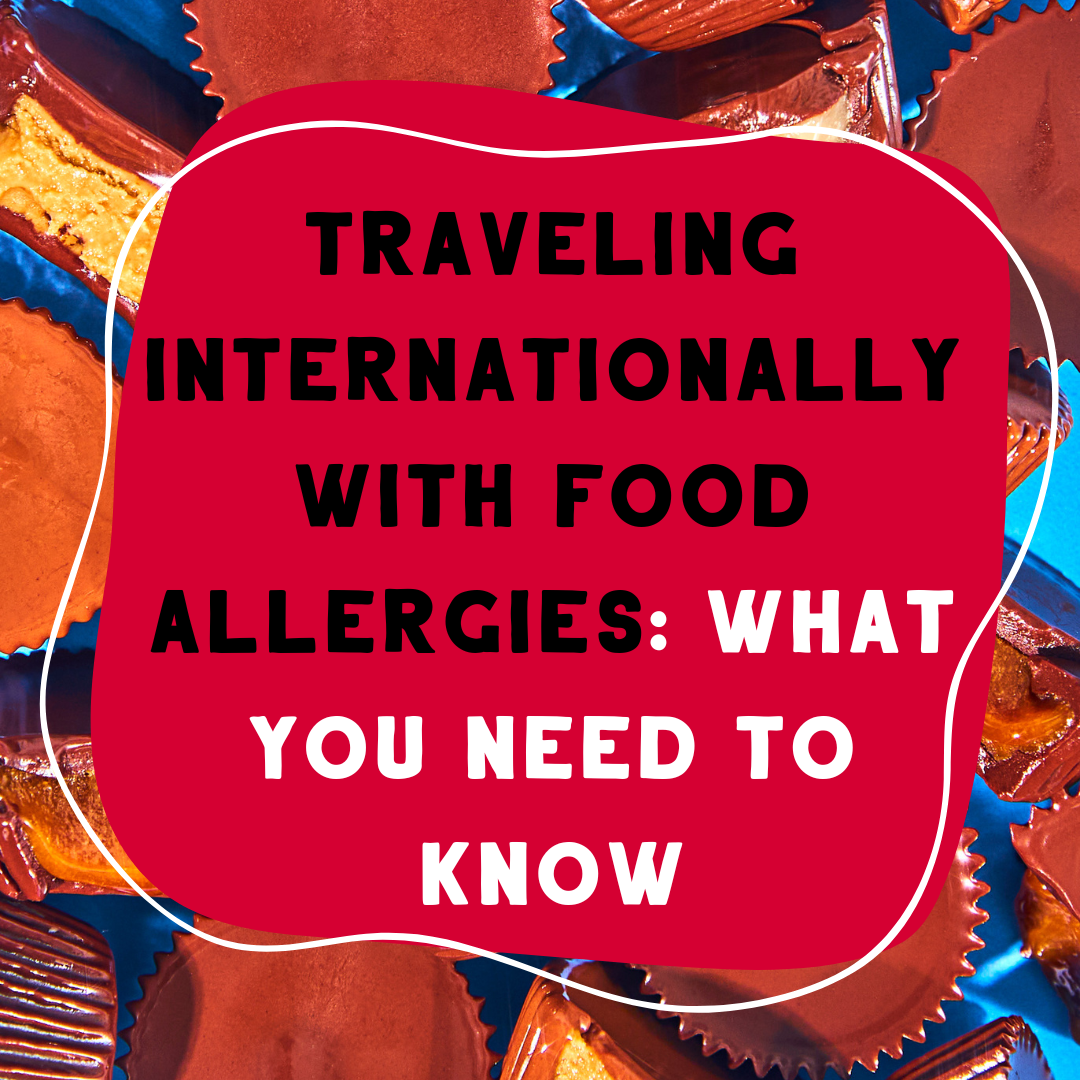

Traveling Internationally with Food Allergies: What You Need to Know
Traveling internationally is an exciting adventure, but when your child has food allergies, careful planning is essential. From unfamiliar ingredients to language barriers, there are unique challenges when managing food allergies abroad. This guide covers everything from researching local cuisine to packing safe snacks and communicating your child’s needs in a foreign language.
1. Research Local Cuisine and Food Safety Standards
Before traveling, research the local cuisine to identify common ingredients and potential allergens. Understand local food labeling laws, as they vary by country, and look into the dining customs to see how food is typically prepared.
- Identify allergens in local dishes: For example, nuts and dairy may be common in Mediterranean cuisine, while peanut oil is frequently used in Asian countries.
- Understand local food safety standards: Familiarize yourself with food safety laws and regulations to assess how well restaurants handle food allergies and cross-contamination.
2. Communicate Your Child’s Allergies Effectively
Language barriers can make it difficult to communicate food allergies when traveling internationally. Using food allergy translation tools can help make sure your child’s needs are understood.
- Use food allergy translation cards: Equal Eats offers customizable cards in over 50 languages, helping you communicate your child’s dietary needs to restaurant staff and chefs clearly. The cards include accurate translations of allergens and cross-contact concerns, ensuring that your child’s allergies are taken seriously. Additionally, FARE provides free printable chef cards in multiple languages to communicate food allergies clearly.
- Learn key phrases: Practice key phrases such as “I am allergic to...” and “Does this contain...?” in the local language, but rely on the translation cards for more complex conversations.
3. Pack Safe Snacks and Medications
Always bring a supply of safe snacks and your child’s emergency medications, like epinephrine auto-injectors, when traveling. Keep them in your carry-on for easy access during the journey.
- Pack allergy friendly snacks: Stock up on non-perishable snacks that you know are safe, especially for long flights or layovers.
- Carry medications in your carry-on: Ensure your child’s epinephrine auto-injectors and antihistamines are packed in your carry-on and comply with airline regulations.
4. Know How to Handle Emergencies
Research the nearest medical facilities and ensure they have experience treating allergic reactions. Familiarize yourself with the local emergency number and keep copies of your child’s medical information handy.
- Bring copies of your child’s medical information: Have detailed medical records, including their allergies, medications, and emergency contacts, translated into the local language.
- Consider travel insurance: Opt for travel insurance that covers emergency medical treatment related to food allergies.
5. Dining Out Safely
Dining out is one of the joys of traveling, but it can be risky for children with food allergies. Choose restaurants that can accommodate your child’s allergies.
- Call ahead: Reach out to restaurants before arriving to ask about their ability to accommodate food allergies.
- Dine during off-peak hours: Eating at less busy times allows the kitchen staff to pay more attention to your meal’s preparation.
6. Air Travel Tips for Families with Food Allergies
Flying requires special precautions to avoid allergens and ensure your child’s safety. Here are a few key tips to make air travel easier:
- Bring your epinephrine auto-injector: Always carry your child’s EpiPen in your carry-on and ensure it is easily accessible during the flight.
- Notify the airline in advance: Inform the airline about your child’s allergies and request accommodations, like a nut-free zone.
- Wipe down surfaces: Airplanes may not be thoroughly cleaned between flights. Wipe down the tray table, seat, and armrests to reduce exposure to allergens.
- Pack safe snacks: Bring enough safe, non-perishable snacks for the flight, especially since in-flight meals may contain allergens.
Making International Travel Safe and Enjoyable
Traveling internationally with food allergies can be challenging, but with careful preparation, you can ensure a safe and enjoyable trip for your family. From researching local cuisines and communicating with translation tools to packing safe foods and medications, being proactive is key. Use resources like Equal Eats for translation cards and check out FARE's international travel guides for country-specific tips on managing food allergies abroad.
